Growing a small business from the ground up is tricky. You had the inspiration and motivation to bring your dream to life; but now you also have all the other areas of business creeping in and taking over your day which takes you away from why you started your business in the first place.
First, let’s talk about what a CRM actually does.
- A CRM stores and organizes your data in a central location so all of your customer phone calls, emails, reports and impending deals won’t get misplaced.
- A CRM boosts your communication with your customers by tracking all the messages and attachments to prevent anything from slipping through the cracks.
- A CRM can save you a bunch of time by taking all those repetitive, manual tasks and streamlining them.
- A CRM refines your email marketing allowing your marketing team to track your email campaigns with the ensuing customer communication and analyze the subsequent buying patterns all compiled in one spot.
- A CRM generates reports based off all the data you’ve input making analysis of the data so much simpler.
Now, let’s talk about how a CRM can actually affect your business.
1. It boosts your sales and cultivates leads
When you sign onto an online CRM, your small business can now hook more leads from your website and track them through their entire sales journey. It’s easier to nurture prospective customers higher in your sales funnel with consistent access through your targeted email campaigns until they’ve reached a point where they’re ready to buy.
All of this being done by CRM allows your sales team to spend the bulk of their time on qualified leads rather than getting strung along by people who simply aren’t ready. The CRM software helps automate your process so you know who needs a follow-up before you’ve lost their attention.
2. You can better understand your customers
Going into business for yourself implies your one goal is to serve your customers. But the best way to serve is to understand what your customer needs and wants, what their pain-points and struggles are, and even their preferences. How will you get all that information? With a CRM, you can gather basic information automatically through tracking buying trends, assessing behaviors and recognizing opportunities through the data collected and analyzed over time.
A constant collection of data helps you perfect the interactions you have with your customers and provides you with the understanding to make the best ‘customer-centric’ business decisions regarding your marketing campaigns, intentional website design and optimal sales approach all to reach your target audience.
3. It fine-tunes your workflow
Running a small business requires the most efficient workflow and effectiveness in time management to operate successfully. All businesses, especially when they are new, have a myriad of manual processes and having a bunch of sticky notes flying around kills your productivity real fast.
A CRM can help you develop a ‘best practices’ standard operating procedure. This overview look of all the tasks in one spot allows you to prevent bottlenecks and create a streamlined workflow that is good for everyone. A good SOP also lessens the chance for mistakes since everyone is on the same page, and having a set standard will also make training new employees much more efficient.
4. CRMs let your customer support team be rock stars
You already recognize you can’t operate your business well all by yourself. Allowing your staff to use all the knowledge you’ve collected about your customers will give them the tools they need to keep them happy. This means giving them access to all of your customers’ past interactions so they understand exactly what they’ve experienced so far and what they typically care about. This knowledge empowers your team to give every customer a personalized service experience.
5. It maximizes the time and energy you spend
The challenge of wearing multiple hats as you begin a new business means you are often skimping in certain areas to make the most of your limited resources. Not everyone gets to start out with an employee or two or has a team specifically for ad campaigns and other marketing strategies. A CRM allows companies of any size to accomplish more with less because the technology is doing the heavy lifting for you.
Many of the marketing and sales tasks that used to be done by hand can now be automated and personalized. The CRM software takes care of the bulk of administrative tasks which allows you to focus your time on the activities that make the most impact in running your business and meeting with the clients who are ready to buy.
Finally, in case you’re still not convinced… Let me lay some statistics on you.
I’m sure you’ve heard the boot-quaking number of 90% of startups fail in the first five years. The reason is because they are so focused on product development that they forget about building customer relationships… and building relationships takes time.
The essential aspects to building customer relationships are:
- User-friendly products
- Effective communication
- Immediate customer support
Everyone wants to feel heard and respected, especially when we’ve paid money for something and don’t feel we got what we expected. When you deliver a superior customer experience, people will return and also share their positive encounters with others.
Practically, a CRM helps keep your customers content and satisfied within the first vital minutes of their interactions with your company. As a small business eager to grow, investing in areas that deliver the richest dividends only makes sense. The CRM software helps you build better relationships through its contact management and organizational features, essentially paying you back $8.71 for every dollar you spent on the CRM in the first place. That’s a 774% return on your investment… So, can you afford to NOT have a CRM working for you?
Sources
https://nethunt.com/blog/do-small-businesses-really-need-crm/
